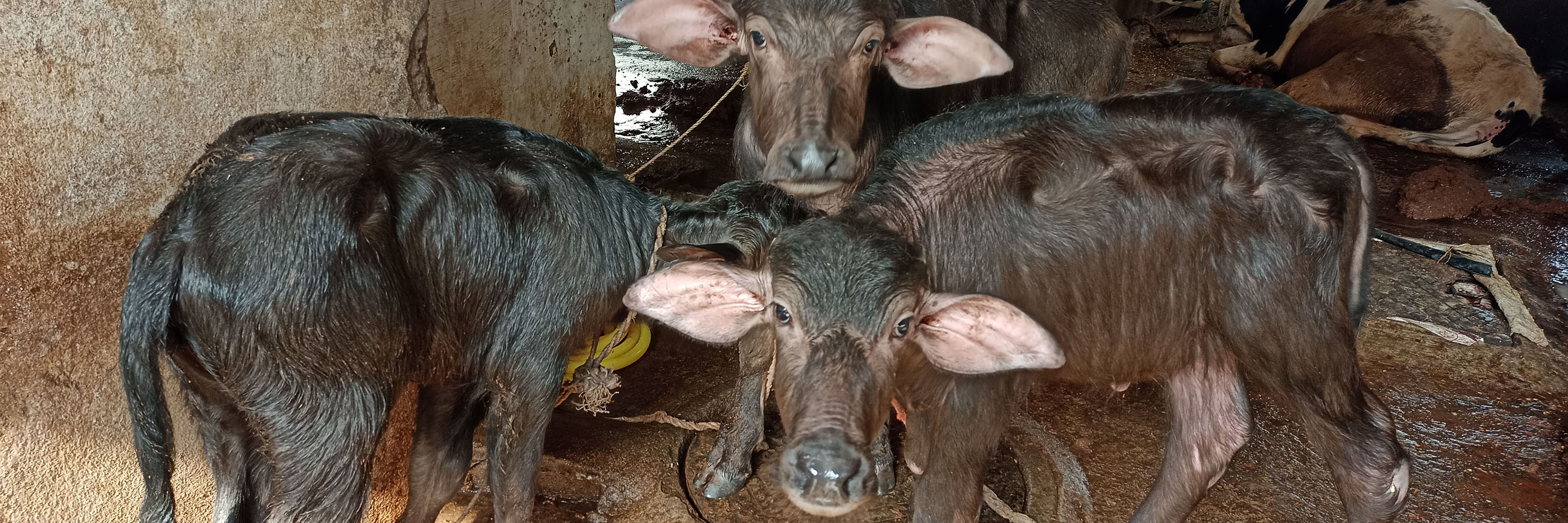
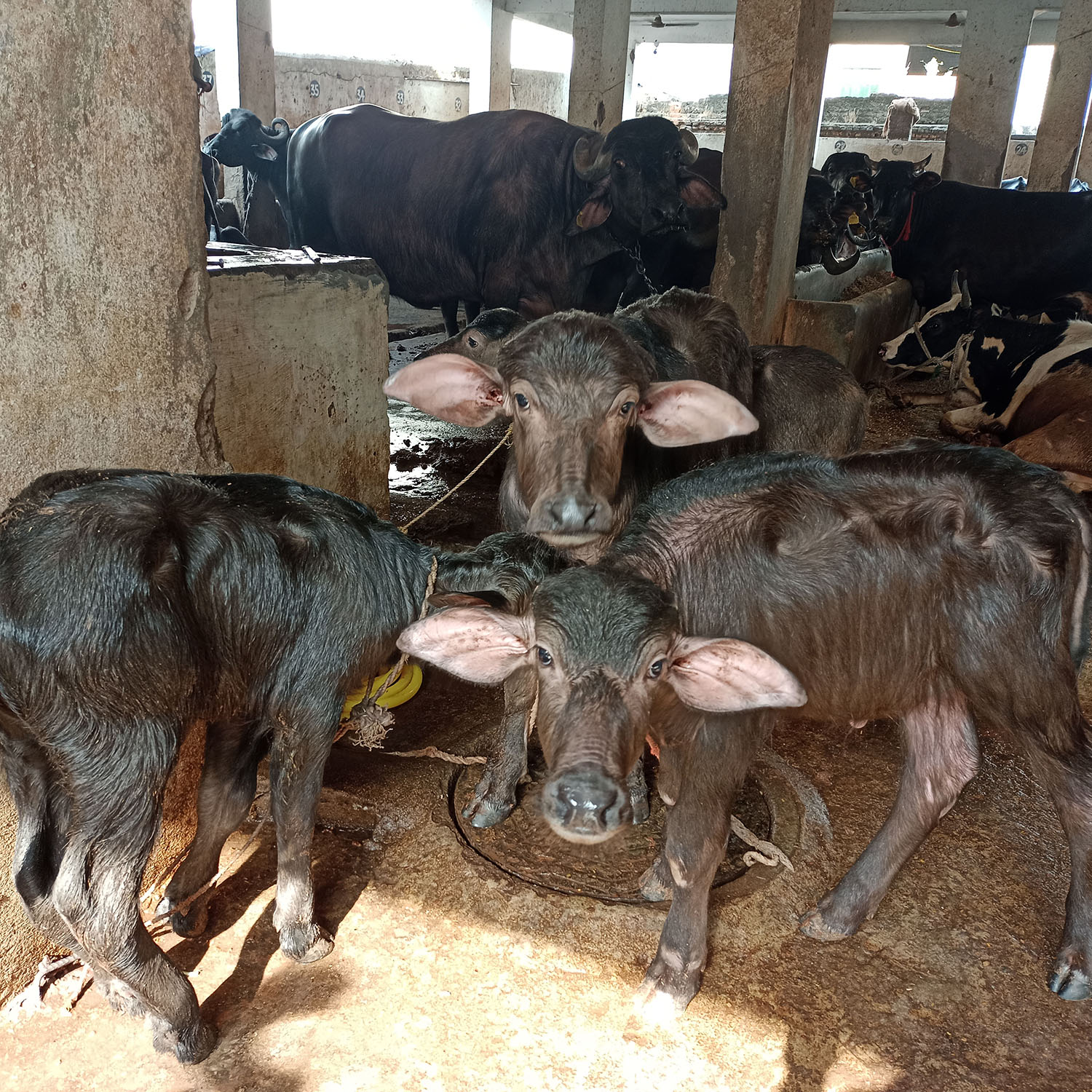
The Dark Side of World Milk Day
On World Milk Day it’s essential to acknowledge the darker side of the dairy industry, which thrives on being cruel to animals.
One of the most significant issues in the Indian dairy industry is the widespread use of intensive farming methods that prioritize only milk production. Cows and buffaloes are often kept in overcrowded and unsanitary conditions, leading to stress, disease, and suffering. They are tied up their entire lives, unable to move freely or engage in natural behaviors.
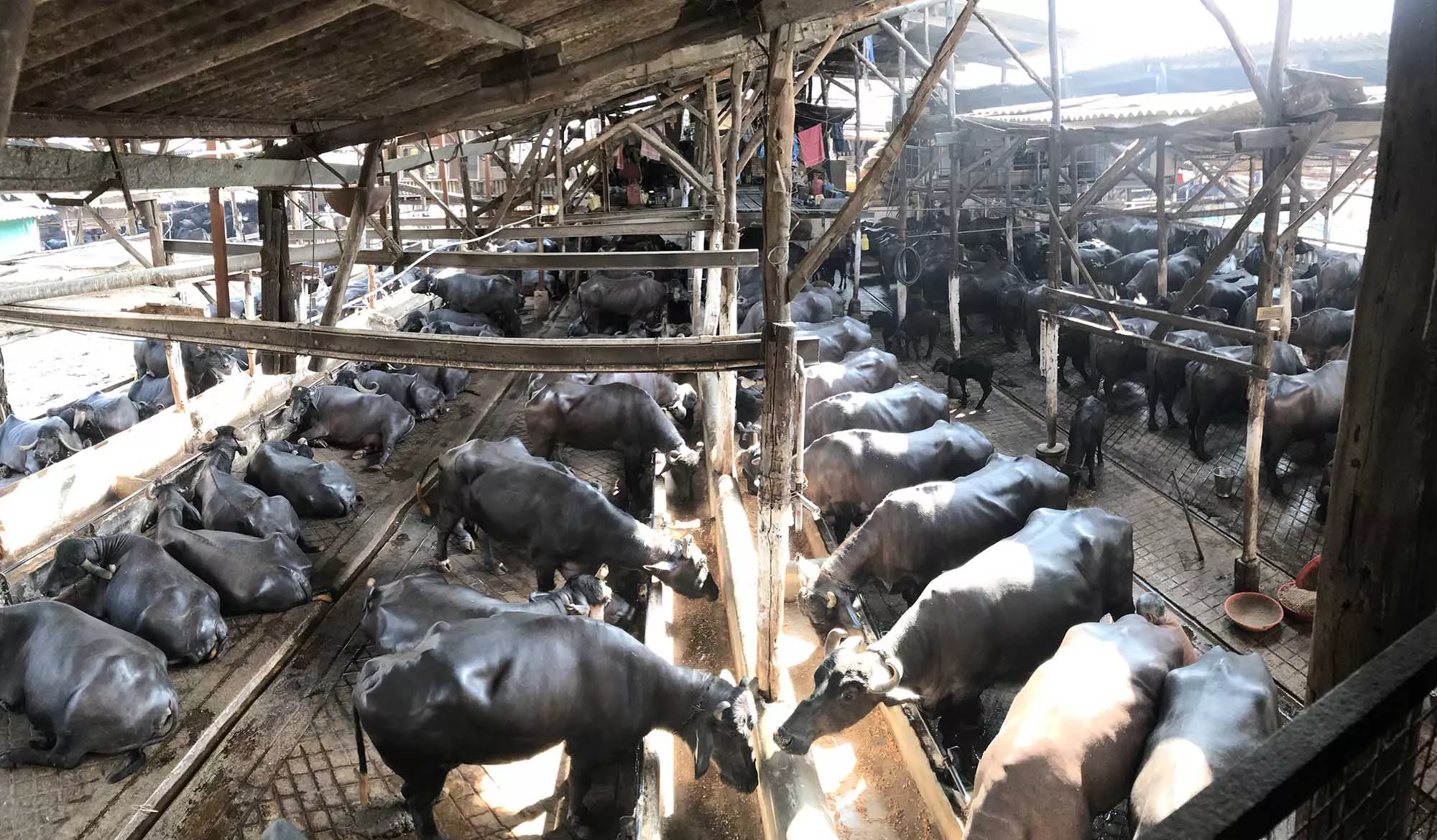
Furthermore, the routine practices employed in dairy farming are inherently cruel. For example, cows are artificially inseminated to maintain a continuous milk supply. Calves are often separated from their mothers shortly after birth, causing emotional trauma for both mother and calf.
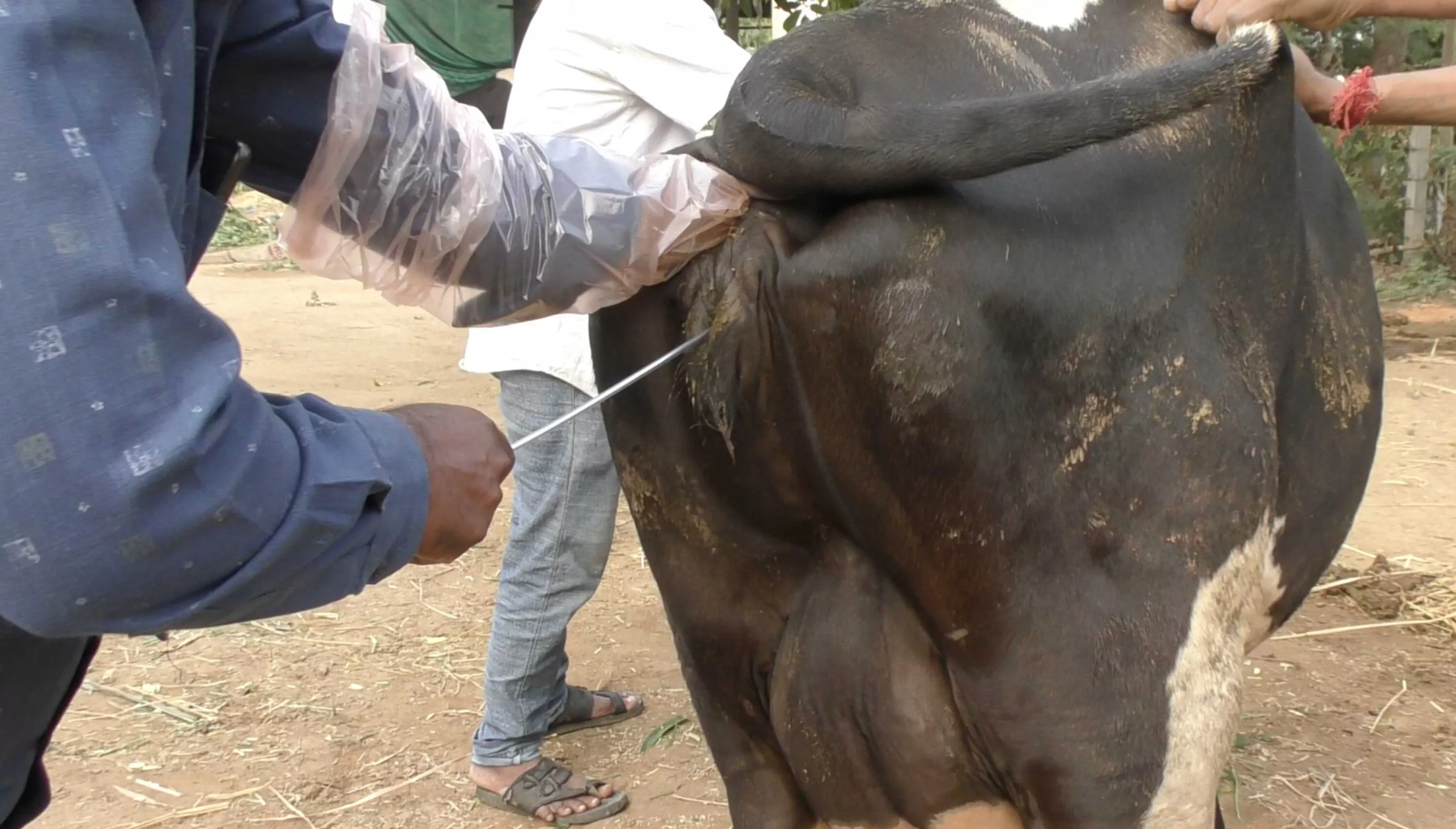
The use of hormones and antibiotics in dairy farming is also a cause for concern. They are known to have detrimental effects on animal health and well-being. Moreover, the indiscriminate use of oxytocin injections poses risks to human health as well.
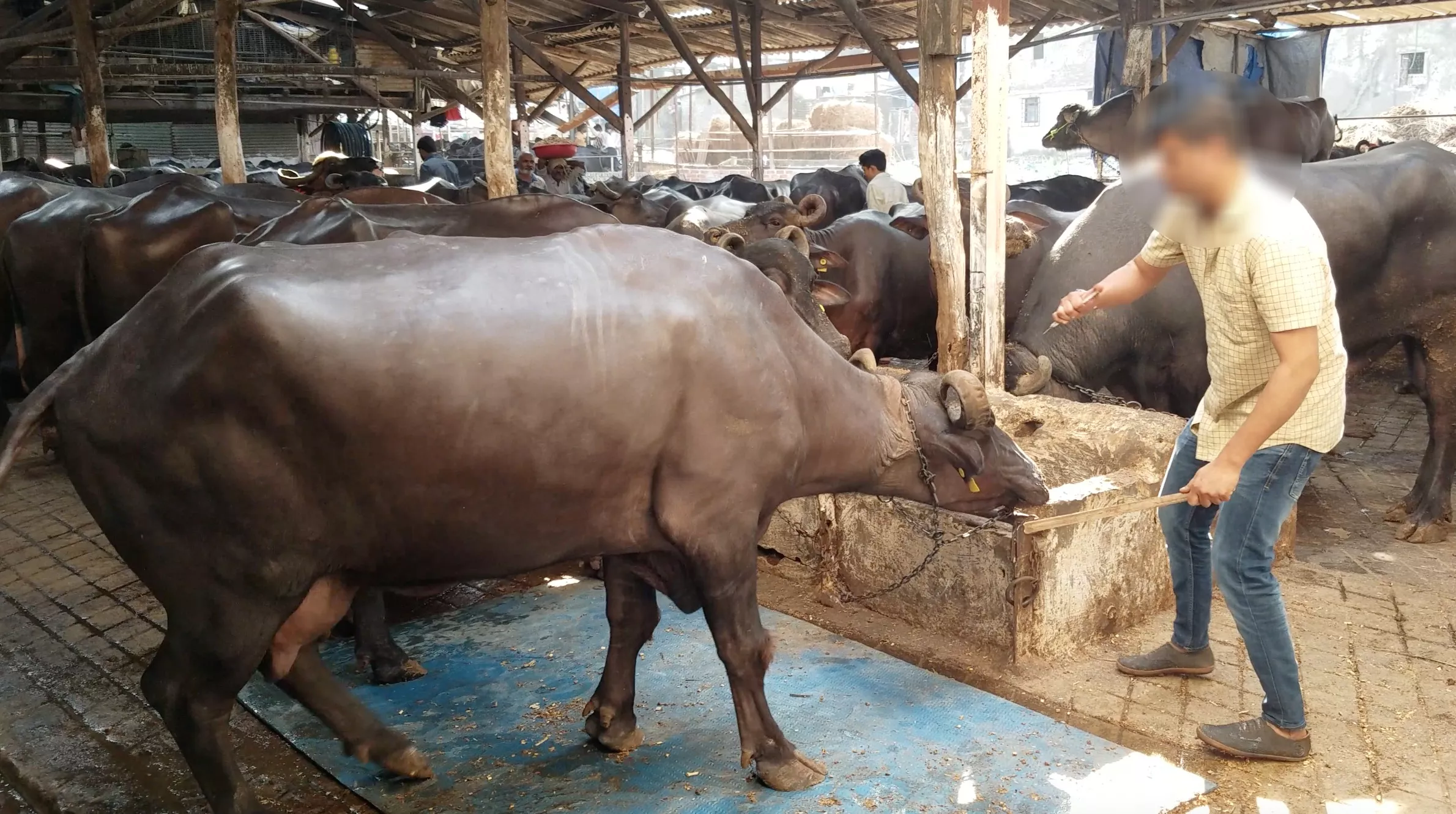
Another aspect of cruelty in the dairy industry is the treatment of male calves and spent dairy animals. Male calves, deemed unprofitable for milk production, are often sold for slaughter or abandoned. Spent dairy animals end up in slaughterhouses under appalling conditions.
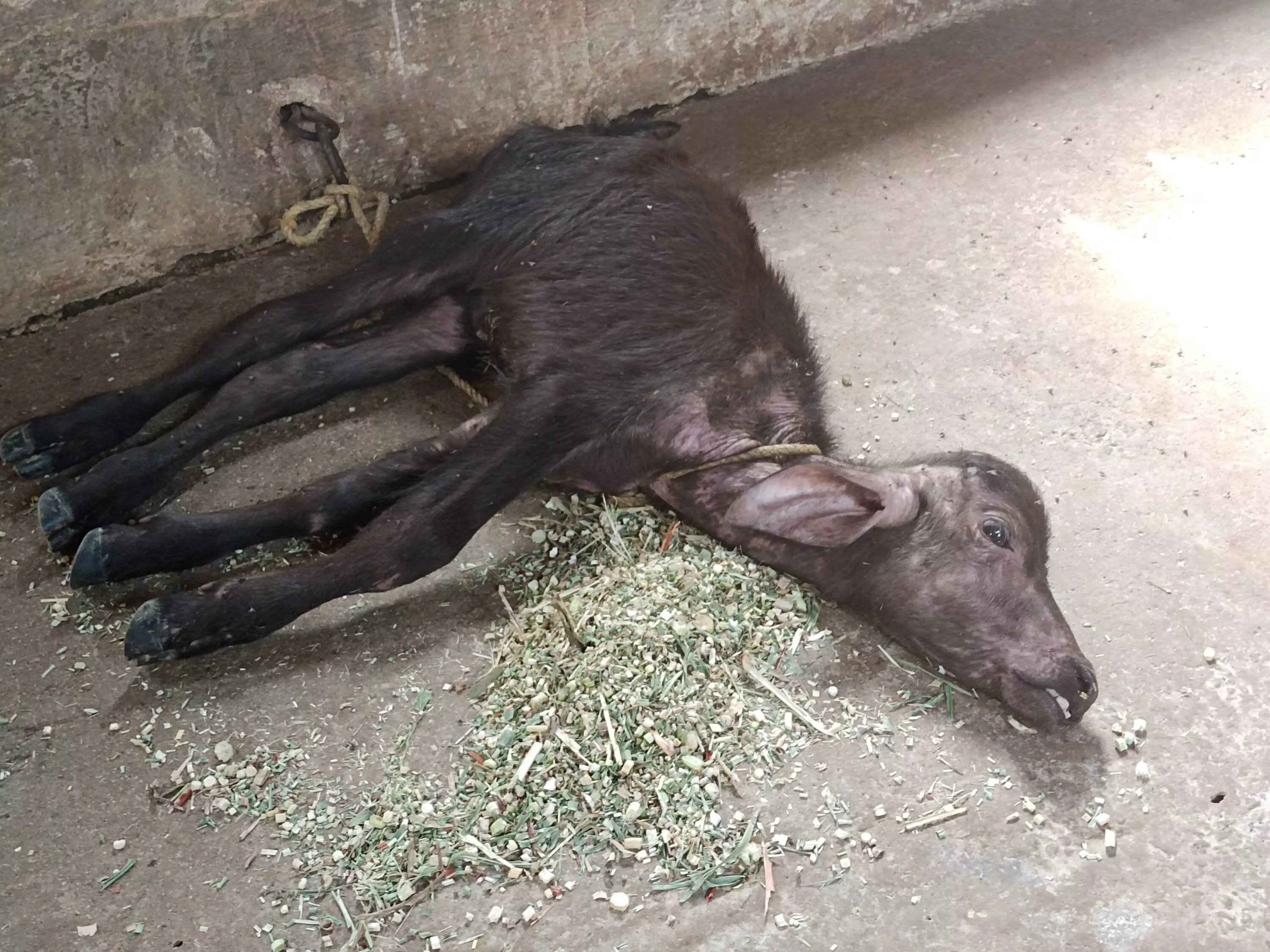
Additionally, the transportation of dairy animals in India is often fraught with cruelty. Cows and buffaloes are crammed into overcrowded trucks for long journeys, without adequate food, water, or rest. Many animals suffer injuries or die during these journeys, highlighting the lack of regard for their well-being.
On World Milk Day, it’s crucial to reflect on these issues and consider the ethical implications of our consumption choices. Animal Equality works to improve our food system by fostering a transformation toward sustainable, affordable, ethical, and delicious foods that help people and animals. Consider replacing dairy, and other animal products with plant-based ones.
